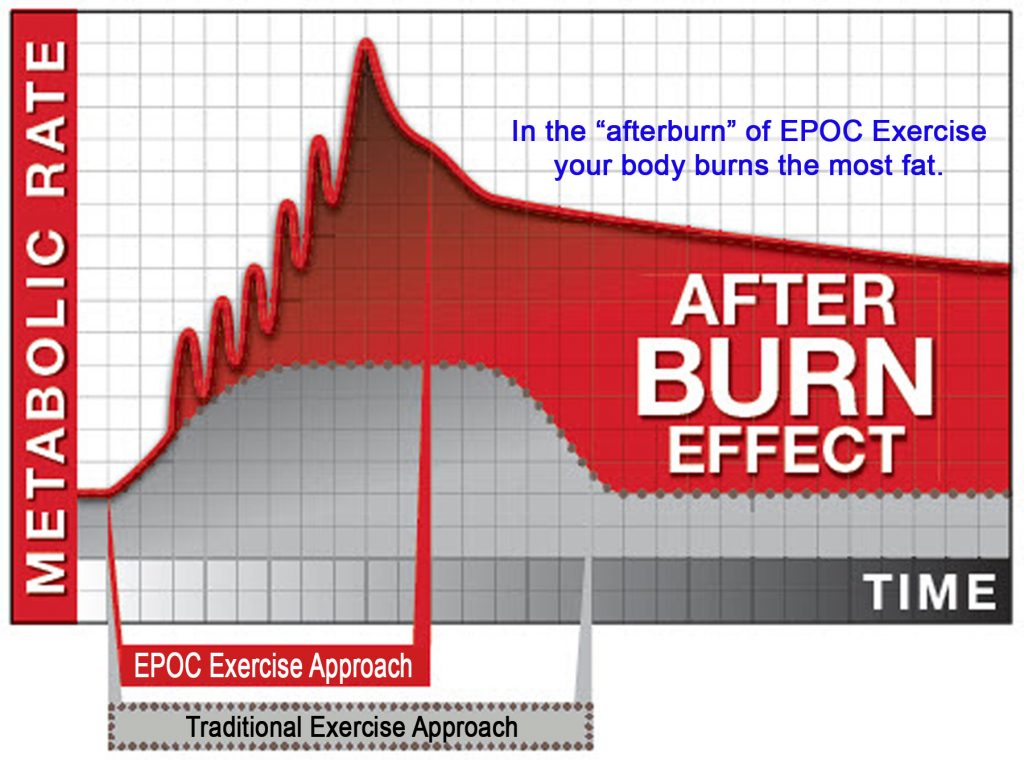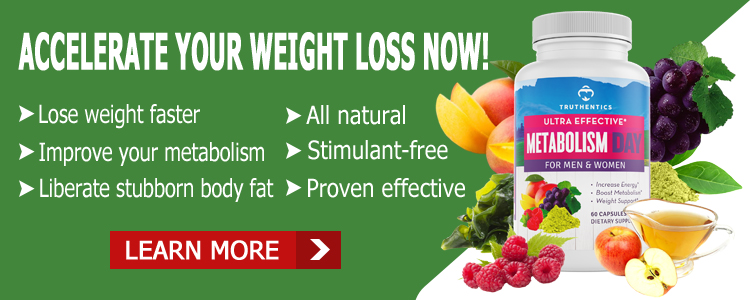The New Year is a great time to wipe the slate clean and start fresh with setting goals that you want to achieve over the next 12 months. And according to popular polls, losing weight is the most sought after goal people set their sights on. But is making weight loss a good goal to add to your New Year’s Resolution List? The statistics say “no”.
Ditch the Resolution
Making New Year’s resolutions has been a strong tradition in our culture. In fact, up until the past decade, it was unusual to find someone who didn’t make some kind of decision to change a condition or behavior when the New Year rang in. But over the past 10 years, that has changed.
A CBS News poll found that 78% of American’s don’t make New Year’s resolutions. That is up from the same poll in 2011 when that number was 58%. And only about 50% of those that make a resolution follow through with it.
But when losing weight is at the top of your New Year Resolution List, the rate of success is only a dismal 8%. That’s why our recommendation is: ditch the resolution.
Focus On The Real Problem

Most people who struggle to lose weight already know that it can be a moving target. If you’re a chronic dieter and/or exerciser in the hopes of cutting enough calories or doing enough exercise to lose weight, perhaps you should focus on the real problem… your metabolism.
Metabolism is the new buzzword when it comes to losing weight, recapturing your vitality, and living a full and active lifestyle. And the reason is simple – people are tired of the quick fix, fad solutions that ultimately fail to bring any long-term results.
At the heart of the mystique that surrounds this sciency term are the deeper hidden secrets that control just about every process that goes on in your body including whether your burn the foods you eat or store them. Learn how to master your metabolism and you win at living a healthier life in a leaner body.
What most people don’t realize is that their metabolism begins to slow down under the radar at age 30 and this downturn can be accelerated by factors like diet and eating habits, gender, age, hormones, exercise, sleep, and more.
But the good news is… with the right strategies that address these metabolism-related issues and obstacles, you can change your dieting and exercise outcome once you unlock your own natural “fat burning furnace”.
Start Here With These Metabolism Boosting Tips For Success
Instead of hunting for the next new fad diet or exercise program that you already know won’t help you achieve your long-term New Year’s Resolution weight loss goal, start with these metabolism-based success tips instead:
Metabolism Boosting Tip #1: Eat Less More Often
Eating more often can help you lose weight. When you eat large meals with many hours in between, your metabolism slows down between meals. Having a small meal or snack every 3 to 4 hours keeps your metabolism working closer to “full throttle”, so you burn more calories over the course of a day. Several studies have also shown that people who snack regularly eat less at mealtime.
Metabolism Boosting Tip #2: Power Up With Protein
Your body burns many more calories digesting protein than it does eating fat or carbohydrates. As part of a balanced diet, replacing some carbs with lean, protein-rich foods can boost metabolism at mealtime. Good sources of protein include lean beef, turkey, fish, white meat chicken, tofu, nuts, beans, eggs, and low-fat dairy products.
Metabolism Boosting Tip #3: Fuel Up With Water
Your body needs water to process calories. If you are even mildly dehydrated, your metabolism may slow down. In one study, adults who drank eight or more 8-ounce glasses of water a day burned more calories than those who drank four. To stay hydrated, drink a glass of water or other unsweetened beverage before every meal and snack.
Metabolism Boosting Tip #4: Exercise Specifically For Weight Loss
Most people approach exercise with the intent of losing weight all about the “calorie burn”. The problem with this approach is that the math just doesn’t work out. To burn enough calories in the traditional calories in = calories out approach would require you to get an actual part-time job just exercising. It’s not practical, doesn’t work in the

Metabolism Boosting Tip #5: Re-Build Your Muscle
Your body constantly burns calories, even when you’re doing nothing. This resting metabolic rate is much higher in people with more muscle or at least with muscle that is metabolically-optimized to burn calories. Every pound of muscle uses about 6 calories a day just to sustain itself, while each pound of fat burns only 2 calories daily. That small difference can add up over time. After a session of proper strength training, muscles are activated all over your body, raising your average daily metabolic rate.
Metabolism Boosting Tip #6: Avoid Crash Diets
Crash diets — those involving eating fewer than 1,200 (if you’re a woman) or 1,800 (if you’re a man) calories a day — are bad for anyone hoping to quicken their metabolism. Although these diets may help you drop pounds, that comes at the expense of good nutrition. Plus, it backfires, since you can lose muscle, which in turn slows your metabolism. The final result is your body burns fewer calories and gains weight faster than before the diet.
Metabolism Boosting Tip #7: Get 7-8 Hours Of Sleep Each Night
Sleep deprivation or having an erratic sleep schedule can contribute to a slower metabolism. Inadequate sleep also puts you at risk for metabolism-based diseases, including type 2 diabetes, heart disease, and stroke. According to a study published in April 2015 in the journal Diabetologia, even a few nights of poor sleep may do damage. Researchers found that healthy study participants who got only four hours of sleep for four nights had elevated levels of fatty acids that may contribute to insulin resistance — and insulin resistance is a common precursor to developing diabetes.
Metabolism Boosting Tip #8: Support Your Metabolism With The Right Dietary Supplements
We’re not talking about unnatural fat-burners or supplements that artificially alter your metabolism temporarily. Research shows that proper digestion, assimilation of nutrients, and elimination of waste and toxins are paramount when it comes to losing weight. If your metabolism has already taken a downturn, consider taking certain natural supplements have been shown to improve and support your digestion, assimilation of nutrients, and regular elimination of waste and toxins. In addition, there are also certain proven supplements that can help re-build, support, and naturally boost your metabolism, support it while you sleep, and support liver and thyroid function.
You deserve to look and feel incredible regardless of your age or physical condition… but the fact is that you might never see a change in how you look or feel if you keep trying to lose weight the “same old ways” you’ve tried to succeed in the past. Your body is different because your metabolism has changed and that’s what keeps losing weight a moving target.
Rich Farina, M.S. is a Metabolic Health and Conditioning Specialist with over 30 years of experience helping thousands of individuals lose weight, rebuild their metabolisms, and improve their health in his Metabolic Testing & Weight Loss Centers.
He holds both Bachelor of Science and Master of Science degrees in Exercise Physiology and Public Health respectively and is a passionate advocate of using proven, scientific principles in his approach to exercise and nutrition.
He is a contributing author, professional speaker, and advisor on topics that include weight loss, human performance, and medical fitness.
He continues his deep-seated passion to help people improve their health and longevity through his own line of premium, all-natural nutritional supplements called Truthentics™. The Truthentics™ brand of nutritional supplements is specifically designed to help people compensate for nutritional deficiencies and bring their bodies back into balance.










